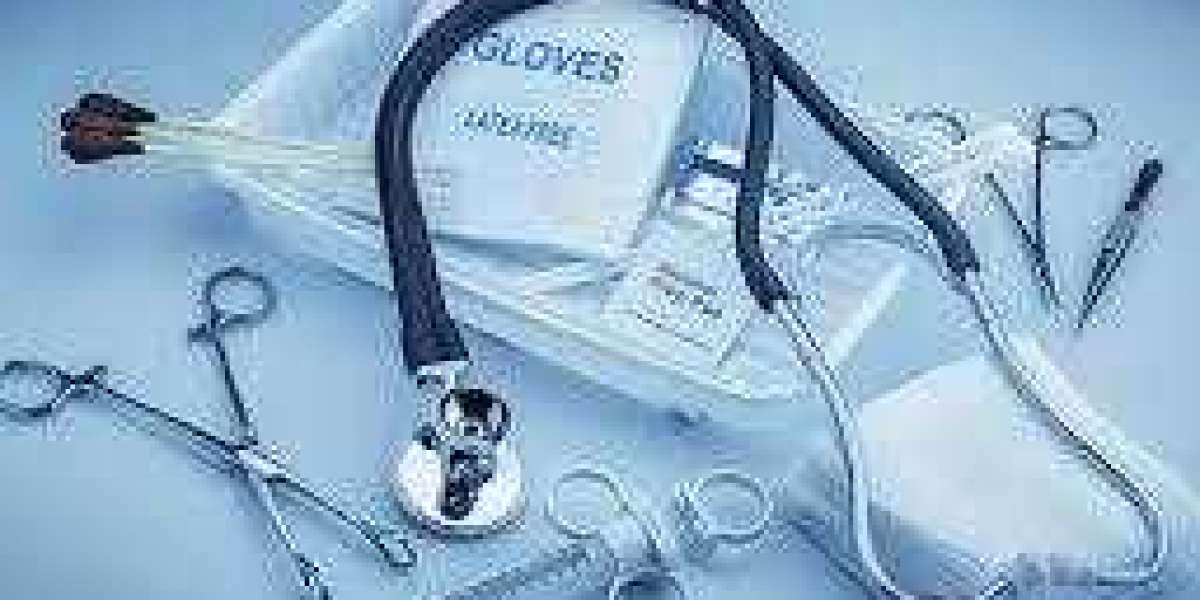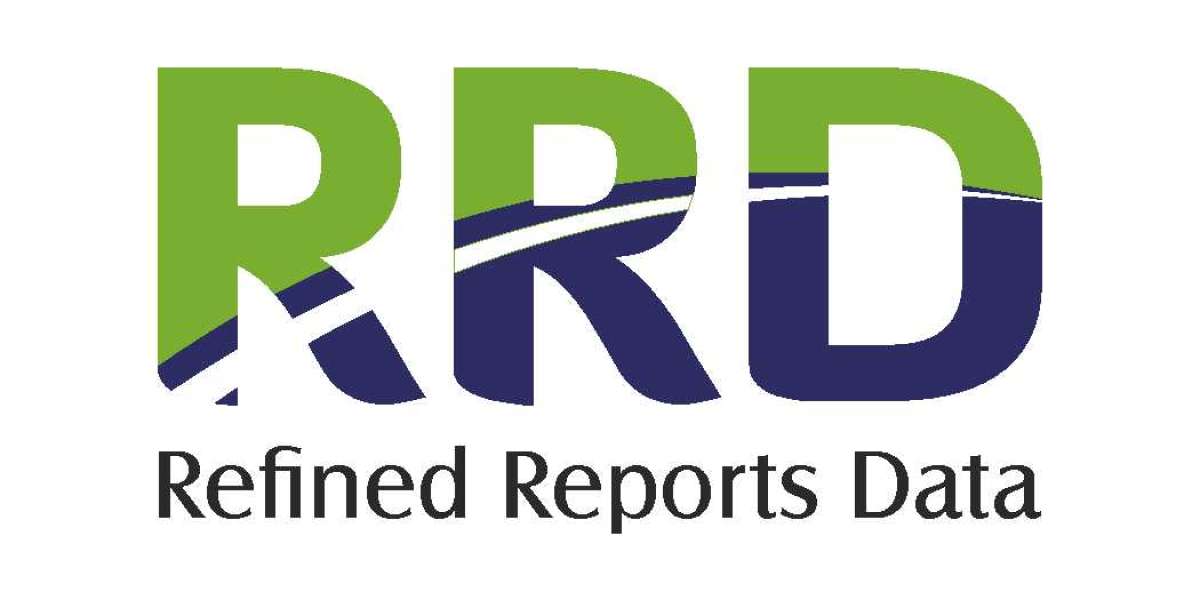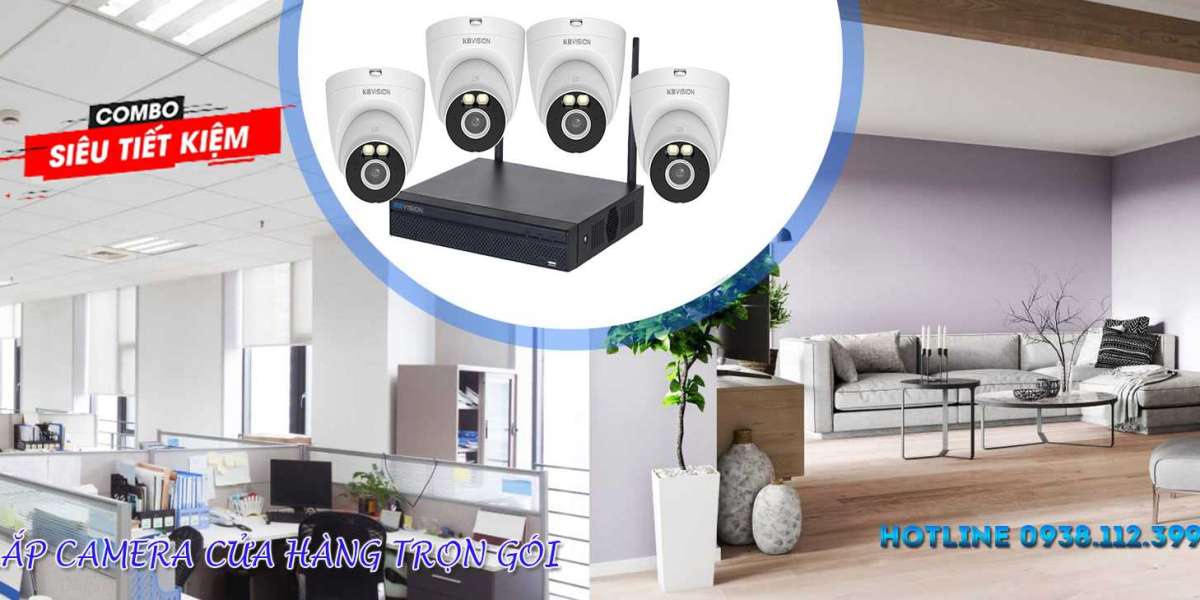In the highly regulated medical device industry, maintaining the highest standards of safety, quality, and compliance is not only crucial for patient well-being but also a regulatory necessity. A well-established Medical Device Quality Management System (QMS) is essential to achieving these standards. A QMS ensures that medical devices meet regulatory requirements, function effectively, and maintain safety throughout their lifecycle. This blog explores the importance of a QMS for medical devices, its key components, and how it supports compliance with global regulations.
What is a Medical Device Quality Management System?
A Medical Device Quality Management System is a comprehensive set of policies, processes, and procedures that are designed to ensure that medical devices are developed, manufactured, and distributed safely and effectively. It covers every stage of a product's lifecycle, from initial design and development to production, post-market monitoring, and eventual retirement from the market.
The primary goal of a QMS is to ensure that medical devices consistently meet customer and regulatory requirements. It plays a crucial role in minimizing risks, ensuring product quality, and improving overall efficiency within an organization. Medical device manufacturers that implement a robust QMS can achieve higher levels of regulatory compliance, reduce the risk of product recalls, and foster a culture of continuous improvement.
Key Components of a Medical Device Quality Management System
An effective Medical Device Quality Management System is built on several critical components. These elements work together to ensure the safety, quality, and compliance of medical devices. Below are some of the key components of a well-functioning QMS:
- Design and Development Controls: A QMS must include processes for controlling the design and development of medical devices. This involves creating a design plan, conducting risk assessments, and ensuring that the device meets both user needs and regulatory requirements. Design reviews and validation ensure that the device performs as intended before it goes into production.
- Document Control: Document control is essential to maintaining accuracy and traceability within a QMS. All procedures, work instructions, and records must be documented and controlled to ensure they are kept up to date. This helps maintain consistency and ensures that all employees are working with the correct information at all times.
- Risk Management: Risk management is a critical part of any Medical Device Quality Management System. Manufacturers must identify, assess, and mitigate potential risks throughout the entire product lifecycle. By implementing risk management processes, companies can reduce the likelihood of safety issues and ensure that their products meet regulatory standards.
- Supplier Management: Ensuring that all materials and components used in a medical device meet quality standards is vital to the overall product quality. A QMS should include procedures for evaluating and monitoring suppliers to ensure they provide high-quality materials and components consistently.
- Corrective and Preventive Actions (CAPA): CAPA is a process within the QMS that addresses non-conformances and ensures that appropriate corrective or preventive actions are taken. This is essential for identifying root causes of issues, implementing solutions, and preventing similar problems from occurring in the future.
- Training and Competency: A successful Medical Device Quality Management System requires that all employees are properly trained and competent in their roles. Training programs should be regularly updated to reflect changes in regulations, processes, or product requirements. Ongoing education helps employees stay informed about industry best practices and maintain compliance with quality standards.
- Post-Market Surveillance: Once a medical device is on the market, the QMS must include processes for monitoring its performance and collecting feedback. Post-market surveillance activities help identify any potential safety concerns, allowing manufacturers to take action to address issues and maintain compliance with regulatory requirements.
Regulatory Requirements for a Medical Device Quality Management System
Regulatory authorities worldwide, such as the U.S. Food and Drug Administration (FDA), the European Union, and other global regulatory bodies, mandate that medical device manufacturers implement a quality management system. Compliance with these regulations is often a prerequisite for obtaining market approval.
For instance, in the U.S., medical device manufacturers are required to comply with FDA regulations outlined in 21 CFR Part 820, also known as the Quality System Regulation (QSR). This regulation mandates the implementation of a Medical Device Quality Management System to ensure that devices meet safety and effectiveness requirements. Similarly, in the European Union, manufacturers must comply with the Medical Device Regulation (MDR) and demonstrate adherence to ISO 13485, an internationally recognized standard for QMS.
The Role of ISO 13485 in Quality Management
ISO 13485 is the global standard for medical device quality management systems. It provides a comprehensive framework for establishing and maintaining a QMS that meets regulatory and customer requirements. ISO 13485 emphasizes risk management, design and development controls, and continuous improvement processes, all of which are essential for ensuring the safety and effectiveness of medical devices.
Compliance with ISO 13485 is often a prerequisite for entering international markets. In fact, many regulatory bodies, including the FDA and European authorities, recognize ISO 13485 certification as evidence that a manufacturer has implemented a compliant Medical Device Quality Management System. By adhering to this standard, manufacturers can streamline their regulatory submissions, reduce the risk of non-compliance, and improve their chances of gaining market approval.
Benefits of Implementing a Medical Device Quality Management System
Implementing a robust QMS offers several significant benefits to medical device manufacturers, including:
- Regulatory Compliance: A well-designed QMS ensures compliance with global regulatory requirements, reducing the risk of fines, product recalls, and delays in market approval.
- Improved Product Quality: By focusing on risk management and continuous improvement, a QMS helps manufacturers produce high-quality medical devices that meet customer and regulatory expectations.
- Risk Mitigation: An effective Medical Device Quality Management System helps identify potential risks early in the product lifecycle, enabling manufacturers to take corrective actions and prevent issues before they escalate.
- Increased Efficiency: Streamlined processes, clear documentation, and effective training programs contribute to improved operational efficiency, reducing production delays and minimizing waste.
- Enhanced Customer Trust: Compliance with regulatory standards and a commitment to quality help build trust with customers, healthcare providers, and patients, leading to increased customer satisfaction and brand loyalty.
- Market Access: Implementing a QMS that meets international standards like ISO 13485 facilitates access to global markets, helping manufacturers expand their reach and grow their business.
Conclusion
A Medical Device Quality Management System is an essential tool for ensuring the safety, quality, and regulatory compliance of medical devices. By implementing a robust QMS, manufacturers can streamline their operations, reduce risks, and meet the strict requirements of regulatory bodies worldwide. Omnee Strategic Solutions provides expert guidance in developing and maintaining a compliant QMS, ensuring that your medical devices meet the highest standards of safety and effectiveness while achieving global market success.








